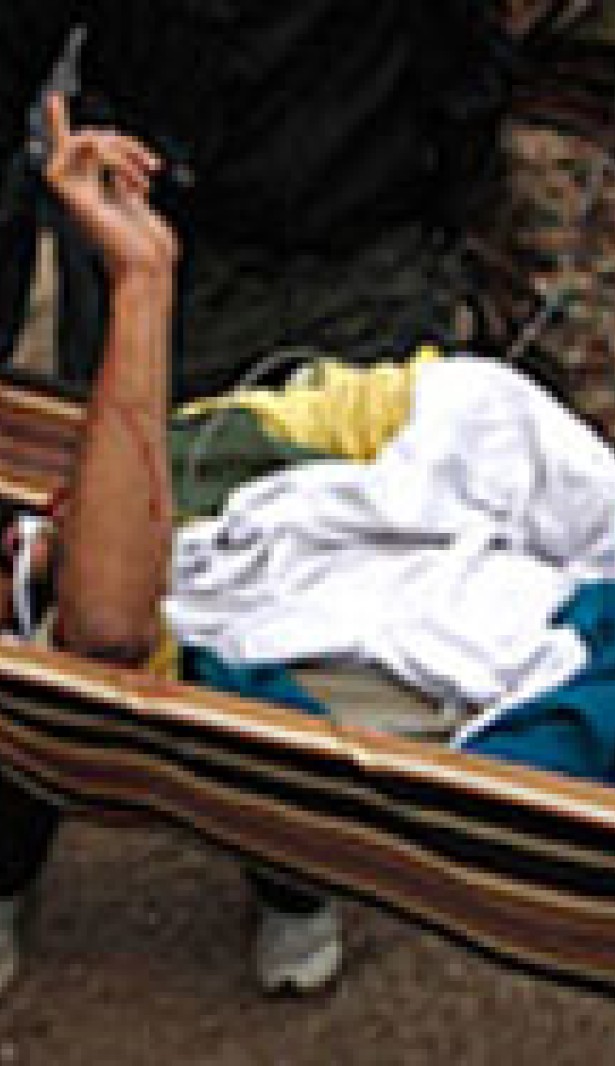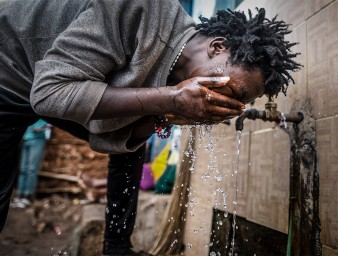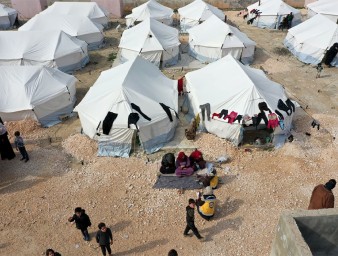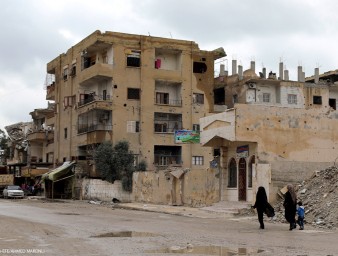Assault on medical care: a distinct and chilling reality of the civil war in Syria
08 October 2013
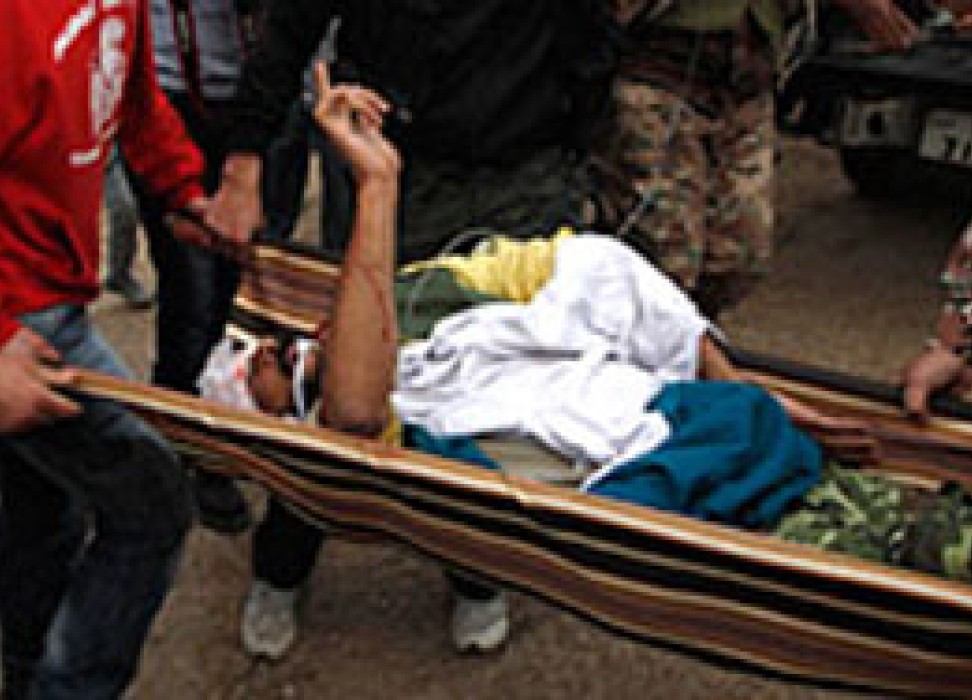
Declaring the situation of health care in war-torn Syria as “an enduring and underreported trend”, the Independent International Commission of Inquiry has reported specifically on the issue alongside the presentation of its 11th overall update to the Human Rights Council meeting in Geneva.
The Commission reports on attacks on hospitals in certain areas by anti-Government armed groups, and says the Government denies “medical care to those from opposition-controlled and affiliated areas as a matter of policy.” It cites multiple accounts of strikes against hospitals and medical units; of hospitals endangered through their use for hostile purposes; of the targeting of medical personnel and transport; and of interference with the care of patients believed to be supportive of the opposition.
In his address to the Council, the chair of the Commission, Paulo Sérgio Pinheiro spoke of “the discriminatory denial of the right to health as a weapon of war [as being] a chilling feature of this conflict.”
In one example of many in the report, the Commission describes the shelling of Al Huda private hospital in Damascus, which had a maternity ward and an emergency trauma care unit in addition to a floor dedicated to wounded fighters. Survivors and eyewitnesses have told the Commission they believe the shelling originated from a Government military base.
On the targeting of medical personnel, one of the most “insidious trends” of the war, the report details incidents in which ambulance drivers, nurses, doctors and medical volunteers have been attacked, arrested, unlawfully detained, and disappeared. From April to June of 2011, according to the report, Government forces “carried out a wave of arrests against medical professionals in Damascus.” In Aleppo, in June 2012, three medical professionals were arrested by Air Force Intelligence and their burned bodies were found three days later.
“The clearly established pattern,” the report says, “indicates that Government forces deliberately target medical personnel to gain military advantage by depriving the opposition and those perceived to support them of medical assistance for injuries sustained.” The situation is so dire that the general populace often elects not to seek help for “fear of arrest, detention, torture or death.”
The report quotes figures from the United Nations Relief and Works Agency (UNRWA), which estimate that 33 of Syria’s 88 public hospitals have closed. In March 2013, the Government reported that 10 to 15 percent of doctors had left the country. “In contested areas, the healthcare system has largely fallen apart and is being replaced by an improvised, inadequate system, constantly at risk of attack by Government forces. Hospitals that remain operational under Government control often lack impartiality,” the report concludes.
The Commission notes that “intentionally directing attacks against hospitals and places containing the sick and the wounded and against medical units using the Red Cross or Red Crescent emblem is a war crime in non-international armed conflict.”
The Human Rights Council established the Independent International Commission of Inquiry on the Syrian Arab Republic in August 2011 to investigate all alleged violations of international human rights laws, and where possible to identify those responsible. The Commission has relied on the first-hand accounts of thousands of victims and witnesses interviewed in camps and hospitals in neighboring countries and via telephone and Skype inside Syria.
Chair Pinheiro presented the Commission’s latest report to the Human Rights Council on the same day UN experts confirmed that chemical weapons had been used in the conflict. “The use of chemical weapons is a war crime. Its use is proscribed by international customary law and numerous international conventions,” he said.
The Human Rights Council, in a resolution passed at the conclusion of its 24th session, referring to the devastating impact of chemical warfare on civilians, strongly condemned the use of such weapons. It also condemned the ongoing massacres of civilians, the continuing gross, systematic and widespread violations of human rights and all violations of international humanitarian law by the Syrian authorities and affiliated militias, as well as human rights abuses and violations of international humanitarian law by armed opposition groups.
8 October 2013
